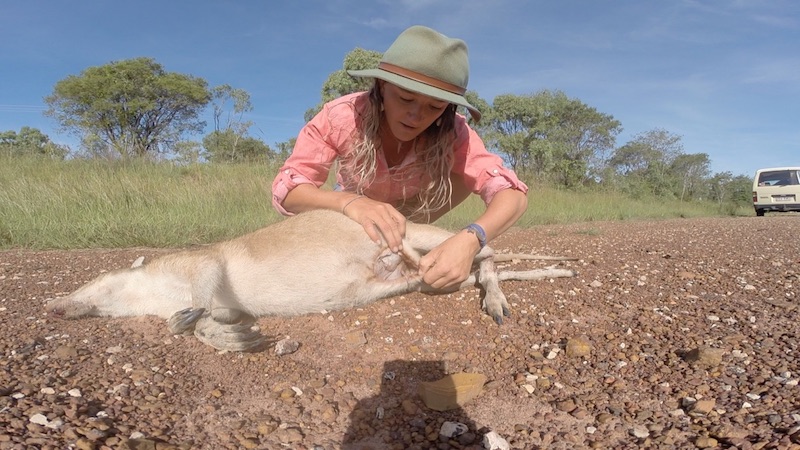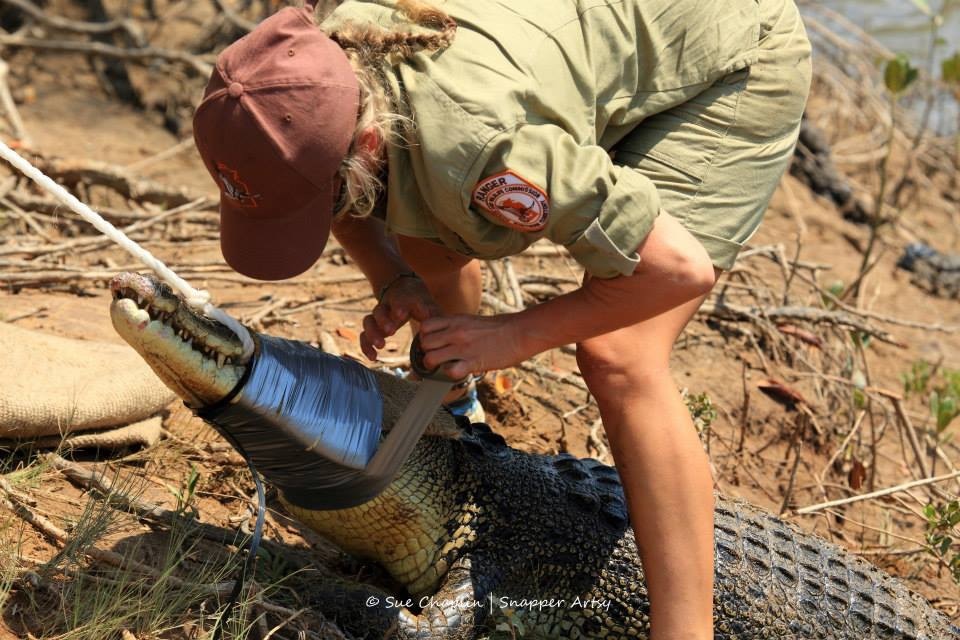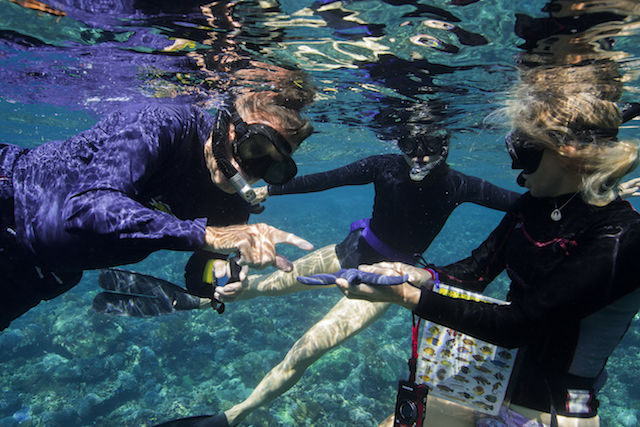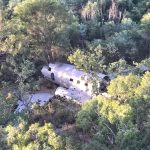Working with animals and the environment
Many people ask me, how did you get into doing what you do, working with animals and nature. There are so many different avenues and roads which can get you the same result, not just the conventional way of going to university.
So here is a guide to help you on your way to a career working with animals.
Step 1: Decide
You have decided you want a career change, or a school leaver wanting to start a career in working with animals.
Step 2: Volunteering
Join some groups, whether it be through social media, or local community groups that relate to anything in regard to animals, conservation, nature, and green movements, usually these groups are all connected by a common outcome and passion for the environment. It’s a great place to start networking and speak to people about their career paths and keep updated on science news and upcoming volunteer opportunities.
There is a growing industry and diversity of environmental jobs out there it really depends on what your’e most interested in. Often when people are just starting out, they not quite sure which path to take, and so there will need to be some exploring of these avenues first through volunteering.
But it’s recommended to commit to at least and afternoon, or day every two weeks. We all know we still need to pay the bills, and so don’t burn yourself out in the beginning, maybe some volunteer opportunities you can do online, or by phone from home as well. Or do a volunteering holiday. I used to do this quite often, volunteering abroad.
I still volunteer today where I can, and still continue to grow my skills, network and share my own skills where I can, the environment and wildlife industry will always need volunteers and passionate people, so keep this in mind as throughout your career there will be A LOT of unpaid work.
Step 3: Transition- up-skill
Hopefully through volunteering you have a bit more of an idea on a direction to take. So, your next step is how to get paid for what your volunteering in.
This is a hard one, as the brutal truth is, usually there are limited jobs and not enough money to pay you, that’s why your’e volunteering. This is usually the transition period, which is hard for people, and if they have had a career change they drop out back to where they can get a stable income, which is understandable, as you could be volunteering for years before you get a job in that field.
So this is now time to take a look at your resume, what qualifications are you missing to give you the edge for the people you’re volunteering for to consider you for a paid position. Do you need to up-skill? Most likely yes.
Firstly, have a look at some local short courses, at tafe, uni and online before you embark of something big like a 3-year degree. Get a mentor in your field of interest, ask them to teach you. In an industry where health and safety is growing basic formal tickets and certificates are also wise to acquire and will help give you the edge.
Step 4: Take opportunities enjoy the journey.
Keep positive and take alternative opportunities even if its not directly what you anticipated your career path to take, sometimes these opportunities can lead to something greater than what you were expecting in the first place, so don’t be afraid to get out of your comfort zone and keep an open mind.
Step 5: Keep progressing
Industry’s change all the time, and so even if you have your dream job it’s a good idea to continue to circulate these steps to maintain your place in the environmental workplace, Volunteer, up-skill, take opportunities.
If you have a particular line of environmental or wildlife work you are interested in, send me an email, or message me on my Facebook, or Instagram page and I can give you some more specific guidance.
Details I’ll usually ask, to help me help you, are:
What are you interested in?
Where are you located (living)?
What current qualifications do you already have in relation to the industry you want to work in?
What are the steps you have already taken to achieve your goals??

Thanks for taking the time to read my blogs, for more photo’s and info, click on my instagram or facebook for up to date info. Send me an email, and when I have time and in wifi range I will endeavour to contact you. Cheers Nat.
If you’d like more information, I’ll be happy to answer your questions.

Nat Hill
Wildlife Adventurer
Live Your Dream








